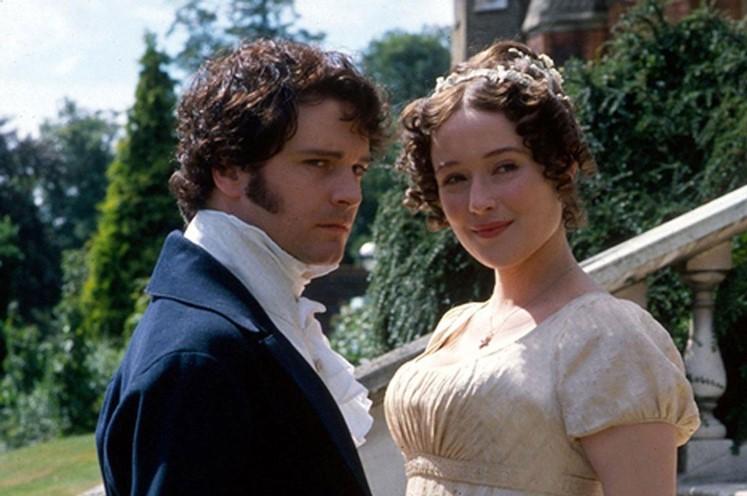I grew up in a family with two older sisters and a mother who loved to watch miniseries based on classic novels. At the time, I grumbled and groaned about it because I would have preferred to watch war movies or dinosaur documentaries, but I was outnumbered and outgunned, and period dramas won the day (or evening). As a result, much of my TV experience as a child and youth was with romantic miniseries set in Regency or Victorian England. At 12, I had, somewhat against my will, far more fluency in Jane Austen than the average boy. Having an English teacher for a father enhanced the atmosphere of appreciation for these classic works and their film adaptations.
Over the years, I grew to love these miniseries, and I think I learned much from them about human nature and the value of classic tales (though I still like a good war movie to this day). Here are five miniseries that I’ve come to cherish. They’re full of superb acting, beautiful cinematography, sumptuous costumes, soaring soundtracks and, especially, stories that encompass the valleys and the peaks of human experience and attune us to the mystery of what it means to be alive.






